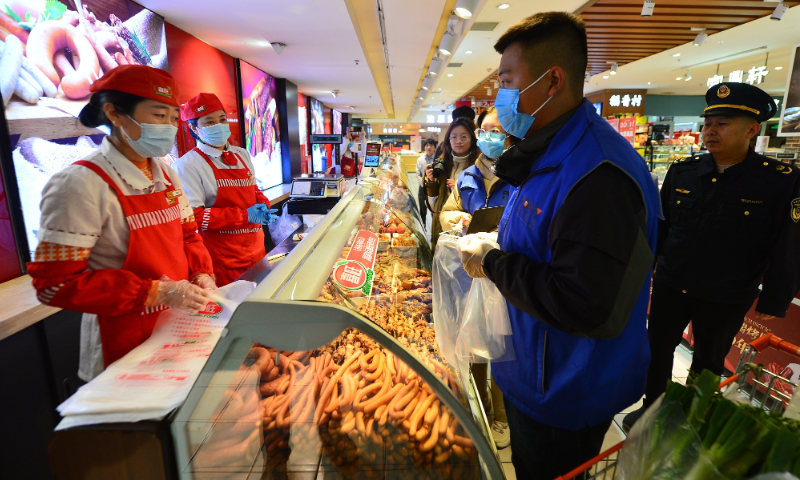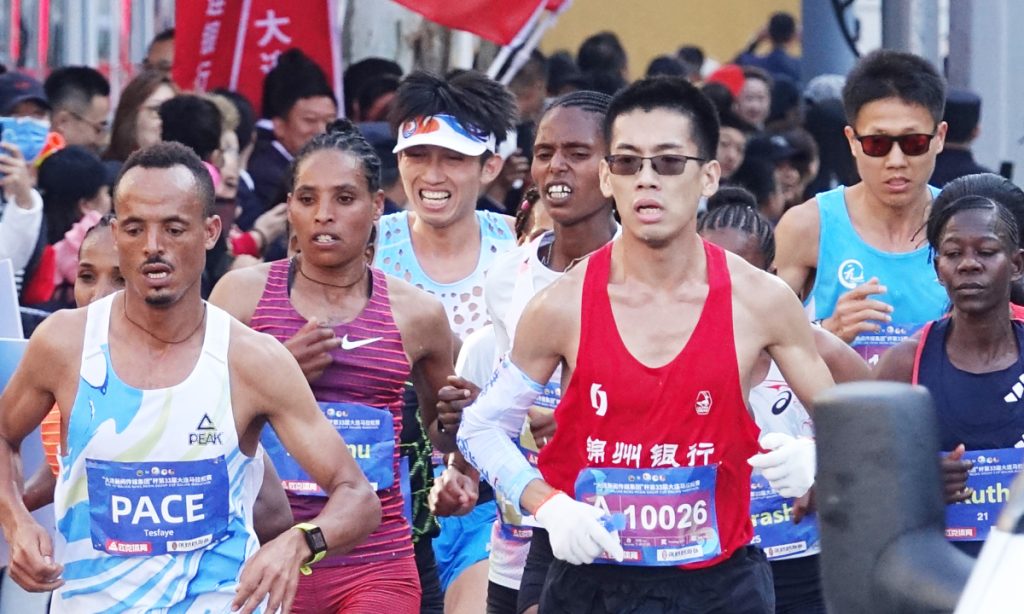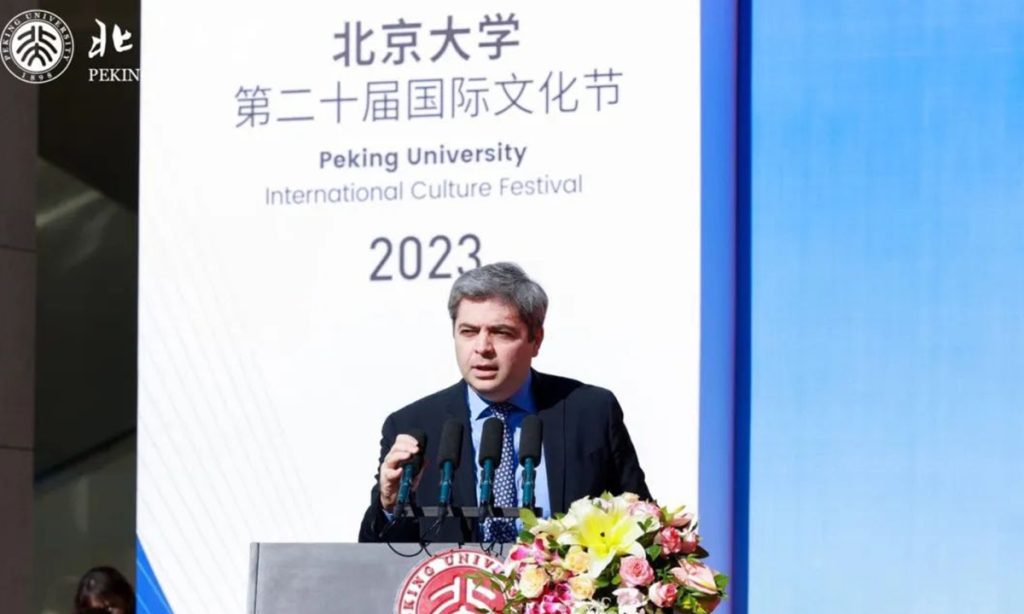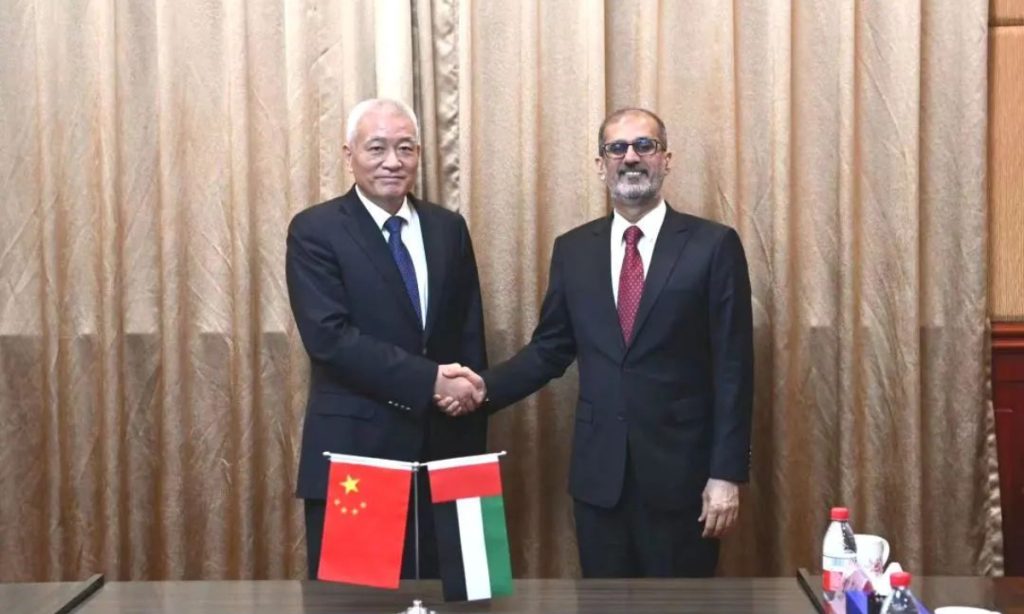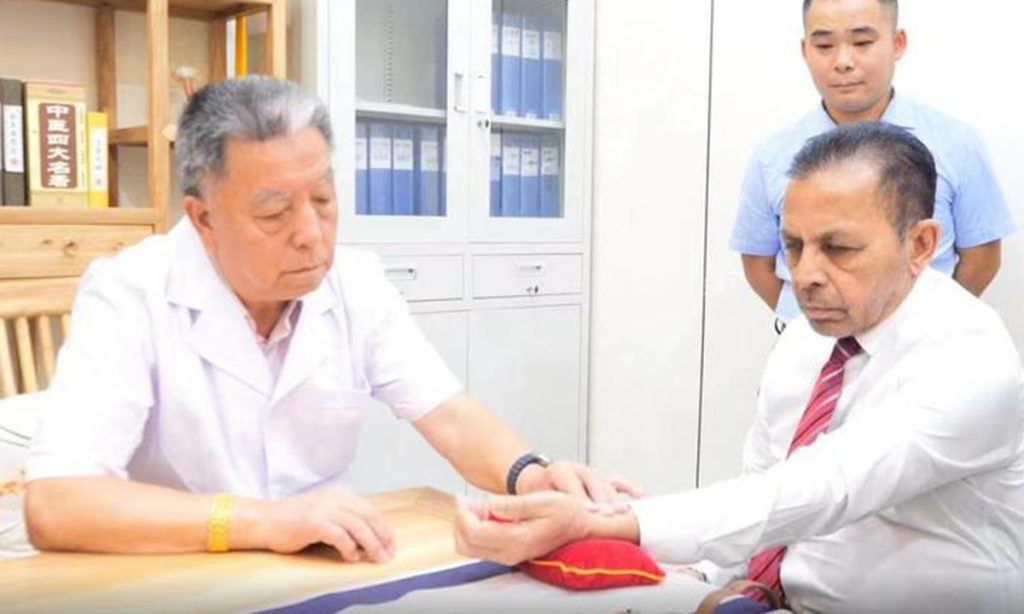Chinese police offer cash reward to hunt down telecom fraud ringleaders in northern Myanmar

Chinese police have offered a reward between 100,000 to 500,000 yuan ($13,958 to $69,793) for information related to each of the 10 key ringleaders from the telecom scam criminal syndicates based in the Kokang region of northern Myanmar, Capitalnews, the WeChat account run by Beijing Daily, reported on Sunday. The police have also vowed to decisively crack down on fraud targeting Chinese citizens.
In response to the grim situation of telecom fraud in northern Myanmar affecting China, Chinese public security departments have successively announced the pursuit of key figures in several telecom fraud criminal syndicate which created a strong deterrent.
Capitalnews learned from China’s Ministry of Public Security that local public security departments in localities including Northeast China’s Liaoning Province, East China’s Fujian Province and Southwest China’s Chongqing Municipality have put 10 key figures including Bai Suocheng, Wei Huairen and Liu Zhengxiang from the telecom scam criminal syndicate in the Kokang region of northern Myanmar on the wanted lists.
For a long time, various criminal syndicates from the Kokang region in northern Myanmar have organized and established criminal dens targeting Chinese citizens. They openly protect these criminal activities with arms, causing extremely serious harm.
In November of this year, Chinese public security authority publicly announced cash reward for four key figures of a family criminal syndicate led by Ming Xuechang. With strong cooperation from all parties in Myanmar, the chief criminal Ming Xuechang committed suicide in fear of crime, and three other individuals including Ming Guoping, Ming Julan and Ming Zhenzhen were apprehended and are being investigated for their criminal activities. They will be severely punished according to the laws.
At the same time, public security authorities in Liaoning, Fujian, Chongqing, and other places found during their investigations that three family criminal syndicates led by Bai Suocheng, Wei Huairen and Liu Zhengxiang, and another criminal syndicate led by Xu Laofa have long been engaged in telecom fraudulent activities targeting Chinese citizens, with huge amounts involved.
Despite highly pressured crackdown by the public security authorities, they have not restrained themselves from the crimes and continued to be involved in serious violent crimes such as intentional homicide, intentional injury and illegal detention. Their criminal facts are clear and there is abundant evidence for their crimes.
To effectively crack down on the telecom fraud related to northern Myanmar and protect the safety of Chinese people’s lives and properties and their legitimate rights and interests, the Dalian City Public Security Bureau in Liaoning has decided to publicly reward anyone who brings information of the whereabouts of Bai Suocheng, Bai Yingcang (also known as Li Yunchen), and Bai Yinglan (also known as Li Mengna). The Quanzhou City Public Security Bureau in Fujian has decided to publicly reward anyone who brings information related to Wei Huairen, Wei Rong (also known as Chen Rong), and Wei Qingsong (also known as Yang Song). The Longyan City Public Security Bureau in Fujian Province has put Liu Zhengxiang, Liu Jiguang (also known as Li Huaguang), and Liu Zhengmao on the wanted list. The Chongqing Municipality Public Security Bureau has put Xu Laofa (also known as Xu Faqi) on the wanted list.
According to Capitalnews, Bai Suocheng was former director of Kokang in Shan State, Myanmar. Besides, Wei Huairen, Liu Zhengxiang and Xu Laofa are all officials in the Kokang region.
The Chinese public security authorities urge the 10 criminal suspects to recognize the situation, stop their criminal activities, and surrender voluntarily to seek lenient punishment. At the same time, Chinese police also hope that all sectors of society and the public will actively report and assist in the capture and arrest of the criminal suspects. For those who provide effective clues and assist in the arrest, the public security authorities will give rewards between 100,000 and 500,000 yuan.
